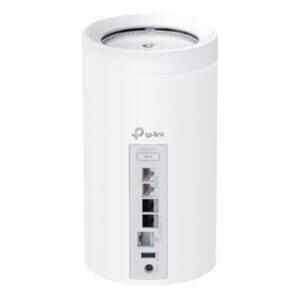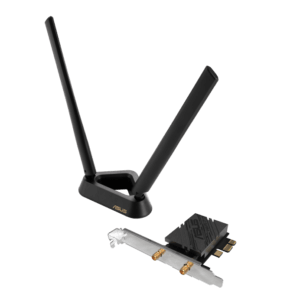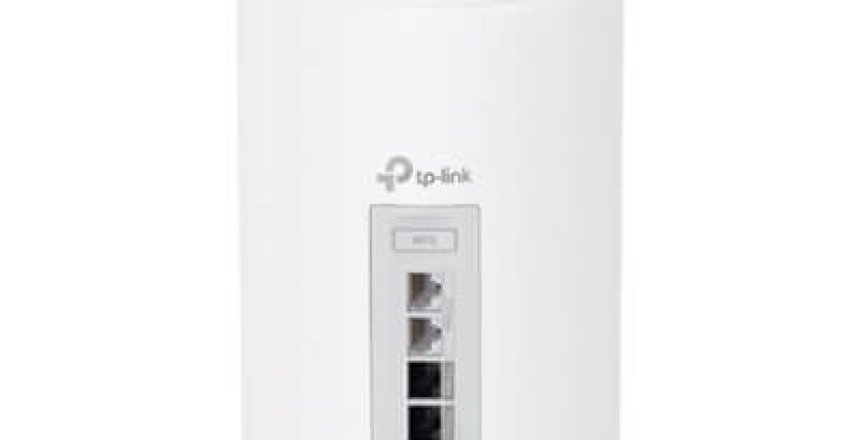Whilst WiFi 7 has been in the works, the CES 2024 show was a chance for the Wi-Fi Alliance to ratify and certify the WiFi 7 standard, so now you can buy devices and routers that support WiFi 7 as well as being backwards compatible with older WiFi standards. WiFi 7 uses both 5GHz and 6GHz to provide a considerably faster connection.
WiFi 7 use cases
The Wi-Fi alliance sees new use cases that could benefit from such as 8K streaming; multi user Virtual Reality (VR), Augmented Reality (AR) and Extended Reality (XR) technologies; immersive 3D training; hybrid working; automotive and industrial IoT devices.

WiFi 7 routers
Amazon currently sell the TP-Link BE85 mesh router for around £600 for a single unit or £1100 for a double unit with dual 10Gb Ethernet ports and 10Gb SPF+ fibre for the 18Gbps WiFi.
In addition the TP-Link Archer BE800 router has 2x10Gbps and 4×2.5Gbps Ethernet ports as well as a 10Gbps SPF+ fibre port. The BE800 includes parental controls which filter content and offer time based restrictions.
Both offer EasyMesh so that you connect to one Wireless network with multiple mesh routers located throughout your premises instead of having to lose connection when moving upstairs or into a different room.

WiFi 7 adapters
There are WiFi 7 adapters for PCs, be that the Intel BE200 for laptops or Asus BE92BT or Gigabyte GC-Wifi7 for desktop PCs. However, the bandwidth of these adapters is limited by the computer. When WiFi 7 is integrated into new devices, they will make use of faster interfaces.
Due to the speed limitations of USB, the USB adapters appear to not be available yet.
WiFi 7 mobile phones
There are a number of mobile phones that support WiFi 7 already such as the Google Pixel 8, Samsung S23 Ultra, Samsung S24 Plus, Samsung S24 Ultra, OpenPlus Open, ASUS ROG 7 Ultimate, ASUS ROG 8, OnePlus 12R, Xiaomi 13T Pro, Xiami 14.
Apple have yet to announce a WiFi 7 phone, although it is rumoured that the iPhone 16 Pro will support WiFi 7.

